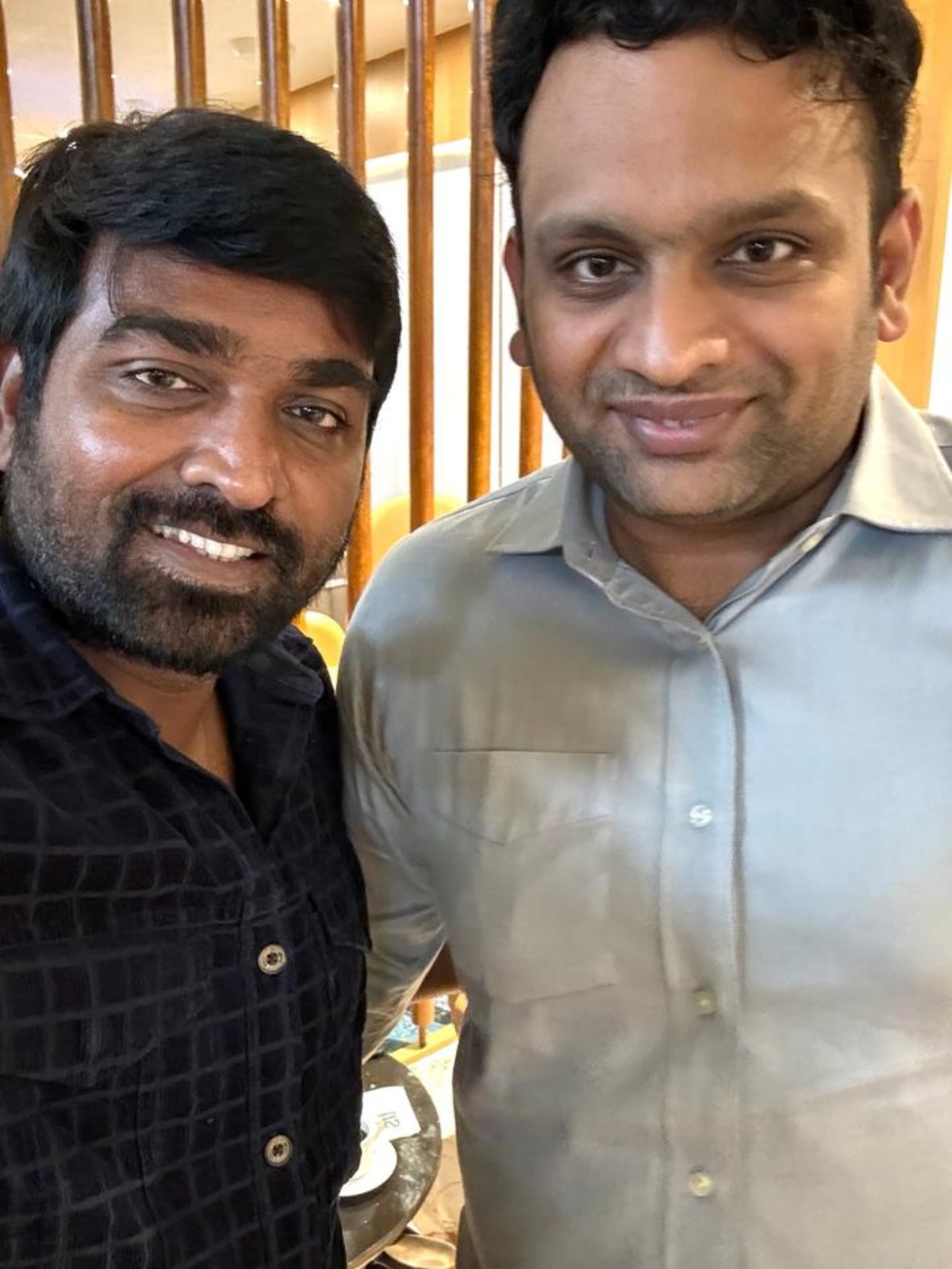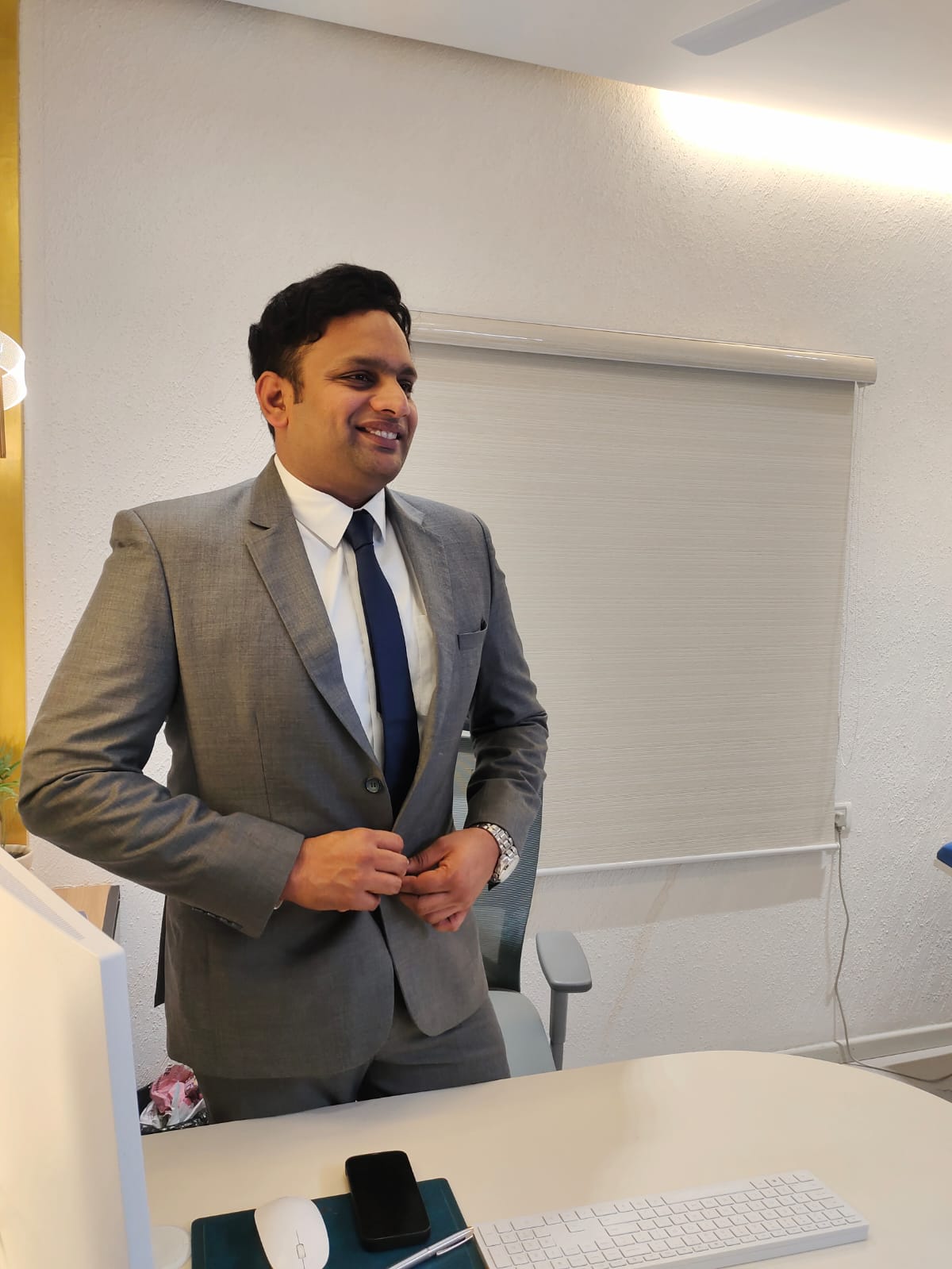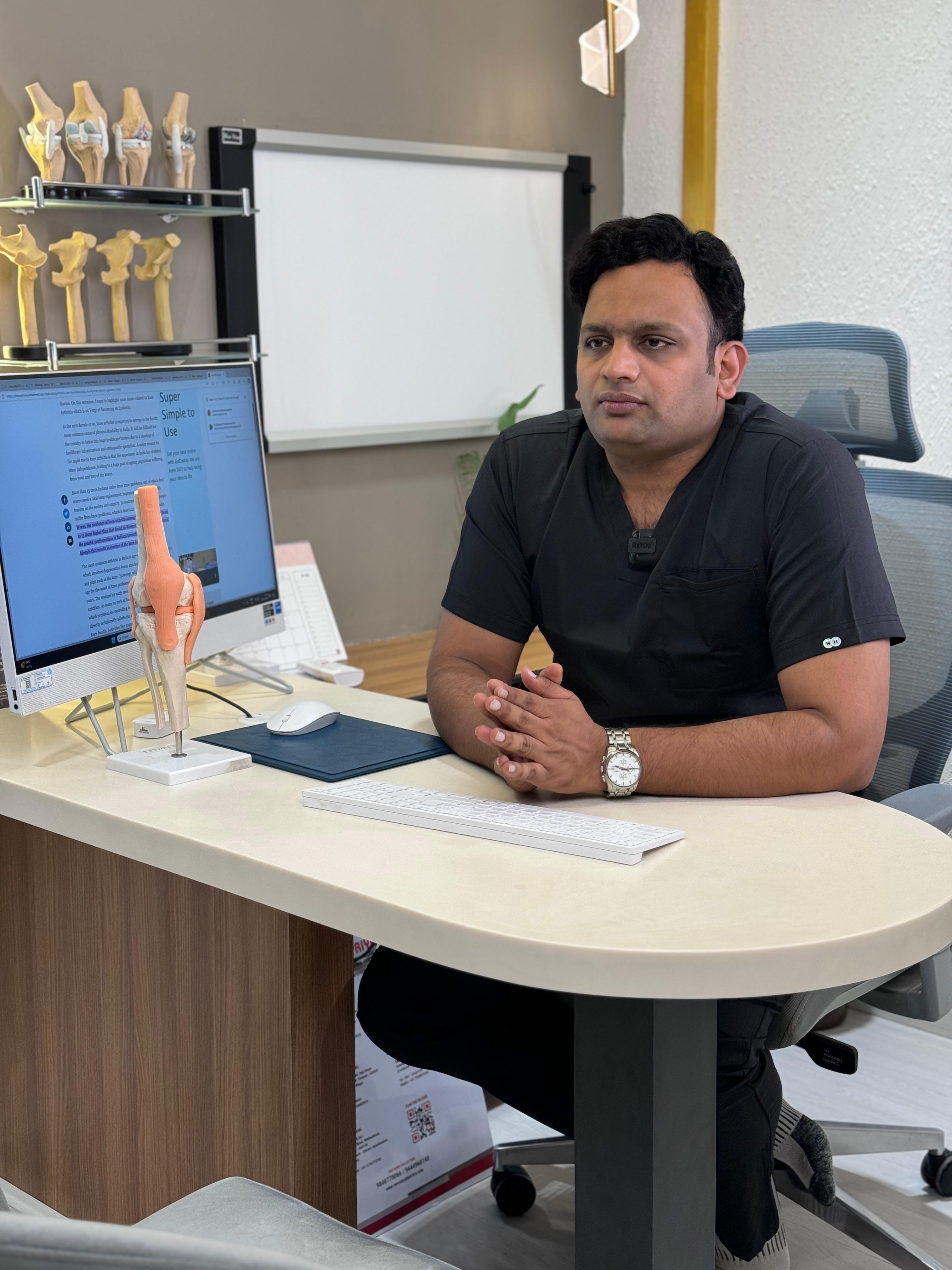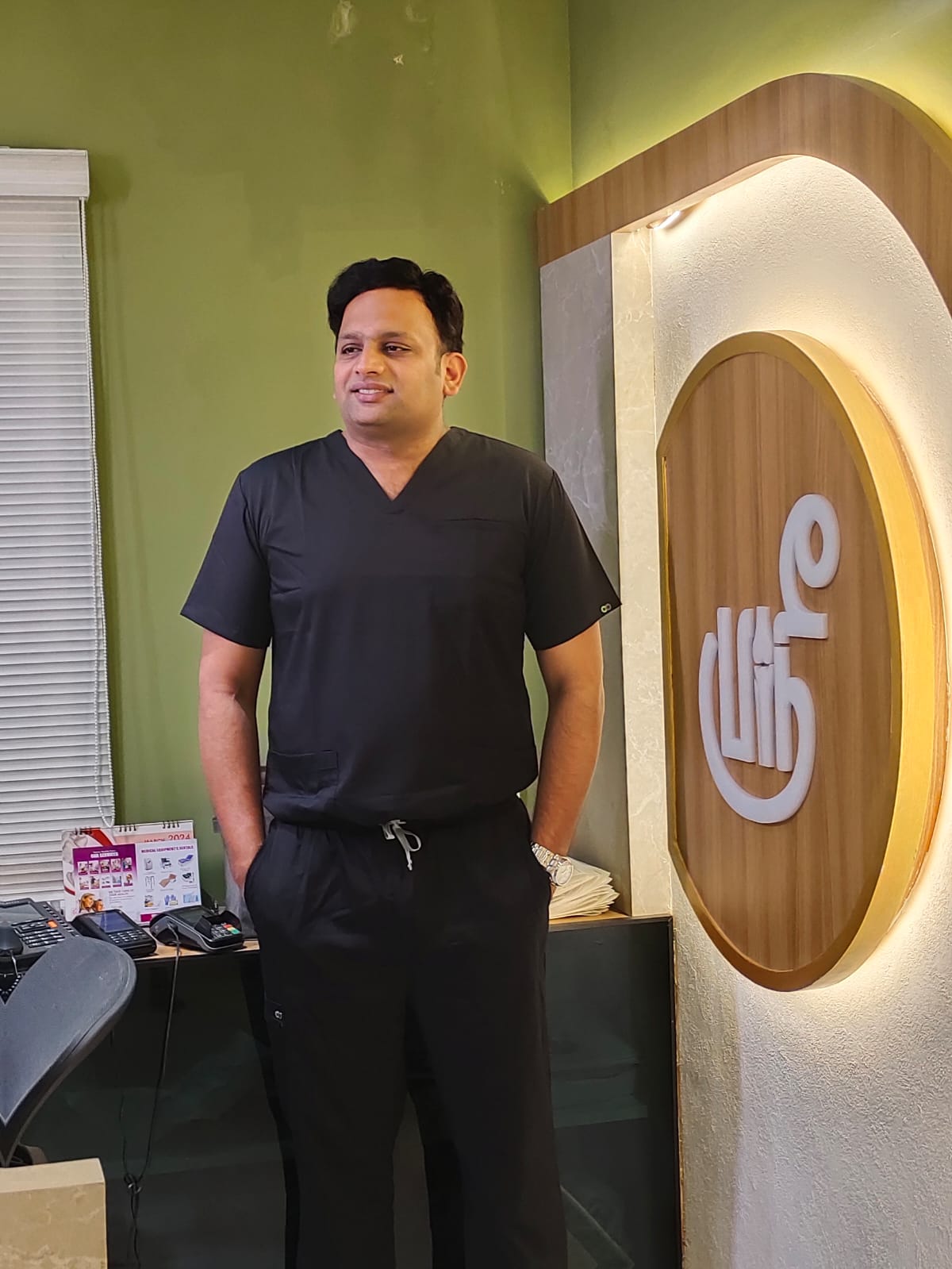Overview of Knee Pain
Knee Pain is a common issue stemming from various causes like injuries such as ligaments, tears, or strains, medical conditions like osteoarthritis or rheumatoid arthritis, and overuse. The Knee’s complex structure makes it susceptible to damage from sudden movements, repetitive stress, or ageing. Symptoms include discomfort, swelling, stiffness, and limited mobility. Treatment options range from rest, ice, compression, and elevation (RICE) to physical therapy, medications, injections, braces, or surgery, depending on the severity and underlying cause.
Seeking medical advice is crucial for an accurate diagnosis and tailored treatment plan. Managing risk factors like obesity and maintaining proper biomechanics through exercise can help prevent knee pain. Early intervention can alleviate symptoms, improve function, and prevent long-term complications.
Causes of Knee Pain
Knee pain can come from various factors.
Injuries
- Ligament Injuries
- Meniscus Tears
- Tenders injuries
- Fractures
Medical Conditions
- Osteoarthritis
- Rheumatoid arthritis
- Gout
- Bursitis
Overuse or Misuse
- Repetitive stress
- Improper biomechanics
Other Factors
- Obesity
- Age-related changes
- Infections
Symptoms of Knee Pain
- Knee pain presents with various symptoms, including discomfort, swelling and stiffness around the knee joint.
- Pain may range from a dull ache to sharp, stabbing sensations, often exacerbated by movement or weight-bearing activities.
- Swelling, warmth, and redness can indicate inflammation.
- Stiffness in the Knee may make it difficult to bend or straighten the leg fully.
- Instability or a feeling of the Knee giving way could suggest ligament or cartilage damage.
- Weakness in the muscles around the Knee may lead to difficulties with walking or climbing stairs.
- Popping, clicking or grinding sensations during movement may signify underlying joint problems.
- Limited range of motion and difficulty bearing weight are common complaints.
- Numbness or tingling sensations could indicate nerve involvement.
- Consulting healthcare professionals is crucial for accurate diagnosis and appropriate management tailored to the underlying cause of pain.
Diagnosis of Knee Pain
Medical History
The doctor will inquire about the onset, duration, and characteristics of the pain as well as any previous injuries or medical conditions related to the Knee.
Physical Examination
This involves assessing the knee joint’s range of motion, stability, swelling, warmth, tenderness and signs of inflammations.
Imagine Studies
X-rays can detect bone fractures, arthritis, or structural abnormalities. MRI or CT scans provide detailed images of soft tissues, including ligaments, tendons and cartilage useful for identifying tears or other injuries.
Laboratory Tests
Blood tests may be ordered to check for signs of inflammation or underlying medical conditions like rheumatoid arthritis or gout.
Specialized Tests
In some cases, additional tests such as arthroscopy (insertion of a small camera into the knee joint) may be performed to visualize and diagnose internal knee problems directly.
Diagnostic Injections: Injection of a local anaesthetic into specific areas around the knee joint can help identify the source of pain. For example, an injection into the knee joint itself can determine if pain originates from within the joint.
Treatment Options
The best treatment for knee pain will depend on the underlying cause.
Non Surgical treatments
- Rest, ice, compression and elevation (RICE) therapy.
- Pain medication, such as over-the-counter pain relievers or prescription medication.
- Physical therapy to strengthen the muscles around the Knee and improve flexibility.
Weight loss
If you are overweight or obese, losing weight can help to reduce stress on your knees.
Use of cane or Brace
A cane or brace can help to take some of the weight off of your knee joint.
Steroid Injections
Injections of corticosteroids can help to reduce inflammation in the knee joint.
Surgical Treatments
Arthroscopy
A minimally invasive procedure that allows the doctor to see inside the knee joint and repair damage.
Meniscus Repair
Surgery to repair a torn meniscus, a piece of cartilage that cushions the knee joint.
ACL Reconstruction
Surgery to repair a torn anterior cruciate ligament (ACL), one of the four major ligaments in the Knee.
Knee Replacement
Surgery to replace a damaged knee joint with an artificial joint.
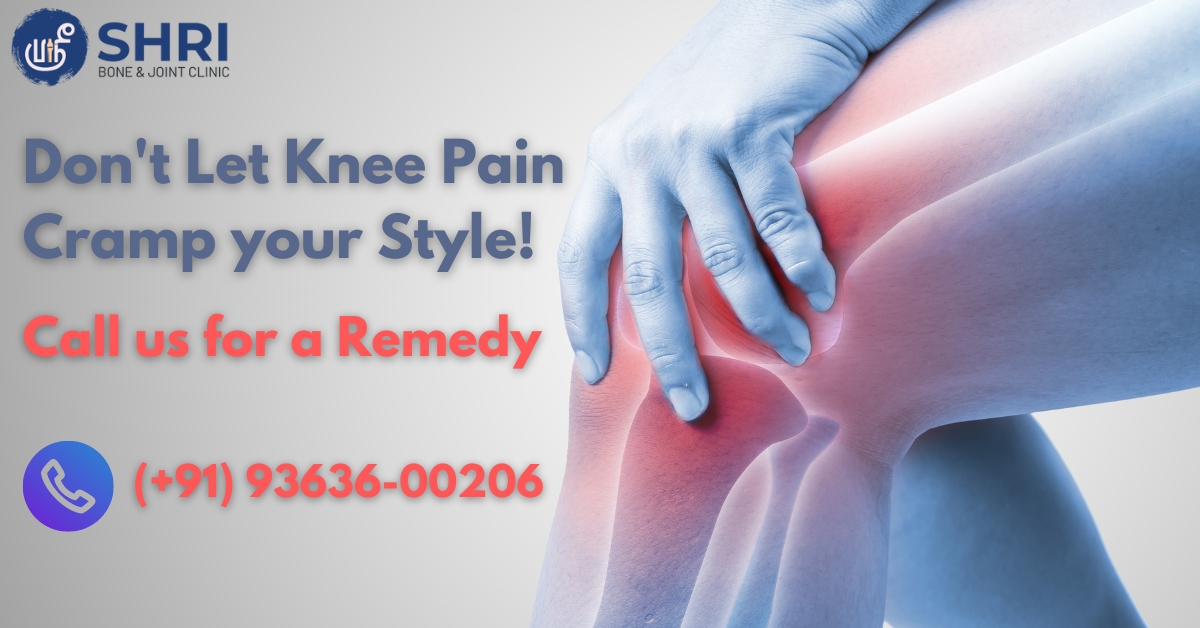
Rehabilitation and Recovery
Consult a Healthcare Professional: Before starting any rehabilitation program, it’s crucial to consult a healthcare professional, such as a physical therapist or orthopedic specialist, to get an accurate diagnosis and personalized treatment plan.
Rest and Protect the Knee
Depending on the severity of the pain, you may need to rest the Knee and avoid activities that exacerbate the pain. Using crutches or a knee brace may be necessary to protect the Knee during the initial stages of recovery.
Reduce Inflammation
Ice therapy can help reduce inflammation and alleviate pain. Apply ice packs to the affected area for 15-20 minutes several times a day, especially after activities that aggravate the pain.
Pain Management
Over-the-counter pain medications such as ibuprofen or acetaminophen can help manage pain and inflammation. However, always consult a healthcare professional before taking any medication, especially if you have pre-existing medical conditions.
Physical Therapy
A physical therapist can design a tailored exercise program to strengthen the muscles surrounding the Knee, improve flexibility, and restore range of motion. This may include exercises such as leg lifts, hamstring stretches, quadriceps sets, and calf stretches.
Gradual Return to Activity
Once the pain starts to subside and the Knee becomes stronger, gradually reintroduce activities and exercises. Avoid high-impact activities initially and focus on low-impact exercises such as swimming or cycling.
Maintain a Healthy Weight
Excess weight puts additional strain on the knee joint, exacerbating pain and increasing the risk of further injury. Maintaining a healthy weight through proper diet and exercise can help alleviate knee pain and prevent future problems.
Proper Footwear and Orthotics
Wearing supportive footwear with proper cushioning and arch support can help reduce stress on the knees. In some cases, custom orthotic inserts may be recommended to provide additional support and stability.
Avoid Prolonged Sitting or Standing
Prolonged sitting or standing can exacerbate knee pain. If you have a desk job, take frequent breaks to stretch and move around. When standing, shift your weight from one leg to the other or use a footrest to reduce strain on the knees.
Surgery
In severe cases where conservative treatments fail to provide relief, surgery may be necessary. This could include procedures such as arthroscopic surgery to repair damaged cartilage or ligaments or joint replacement surgery for severe osteoarthritis.
Preventive Measures
- Maintain a healthy weight
- Stay Active, choose low-impact exercise
- Strengthening Exercise
- Stretching Regularly
- Proper footwear
- Proper form during activities
- Warm-up and cool-down
- Listen to your body
- Consider physical therapy
- Maintain Good Overall Health
Best Knee Pain Treatment in Chennai
You can get the best knee pain treatment from Shri Bone & Joint Clinic in Chennai. Here we have well-experienced and specialized doctors. Shri Bone & Joint Clinic is the most excellent destination for quality and comprehensive care for restoring and reshaping lives.
You can get immediate relief from us for all kinds of Knee-related problems. We aim to provide the highest level of comfort and care to individuals seeking knee-related treatments during their visits.
The medical fees are calculated according to the treatment received and are charged at a minimal rate. Emergency Walk-in patients receive equal priority alongside scheduled appointments.
Best Knee Pain Specialist in Chennai
Dr. Shriram Krishnamoorthy is one of the best Orthopedic specialists in Chennai for all kinds of Knee related problems from Shri Bone & Joint Clinic. He has over ten years of experience in the orthopedic surgery field.
He is a national board-certified orthopedic surgeon. He has presented scientific sessions at national and international conferences.
Can knee pain be treated without surgery?
Yes, there is another non surgical treatment for knee pain is physiotherapy.
How long does it take to recover from knee replacement surgery?
It takes around one year to recover fully after knee replacement.
Are there any non-invasive treatments for knee pain?
Yes, rest, pain meds, PT, weight loss, braces, and alternative therapies can help knee pain.
What are the costs associated with knee pain treatment in Chennai, including consultations, diagnostic tests, and procedures?
Chennai knee pain treatment costs vary but expect ₹40,000-₹2,00,000 depending on the procedure.
Better Health Care is Our Mission
Phone
Shri Bone & Joint clinic
#1, 2nd Main Road
Nehru Nagar
Adyar
Chennai - 20.
Phone: 044 3549 0206
MGM Healthcare
No.72,
Nelson Manickam Road,
Collectorate Colony, Aminjikarai,
Chennai - 600029.
Phone: 044 4524 2424



